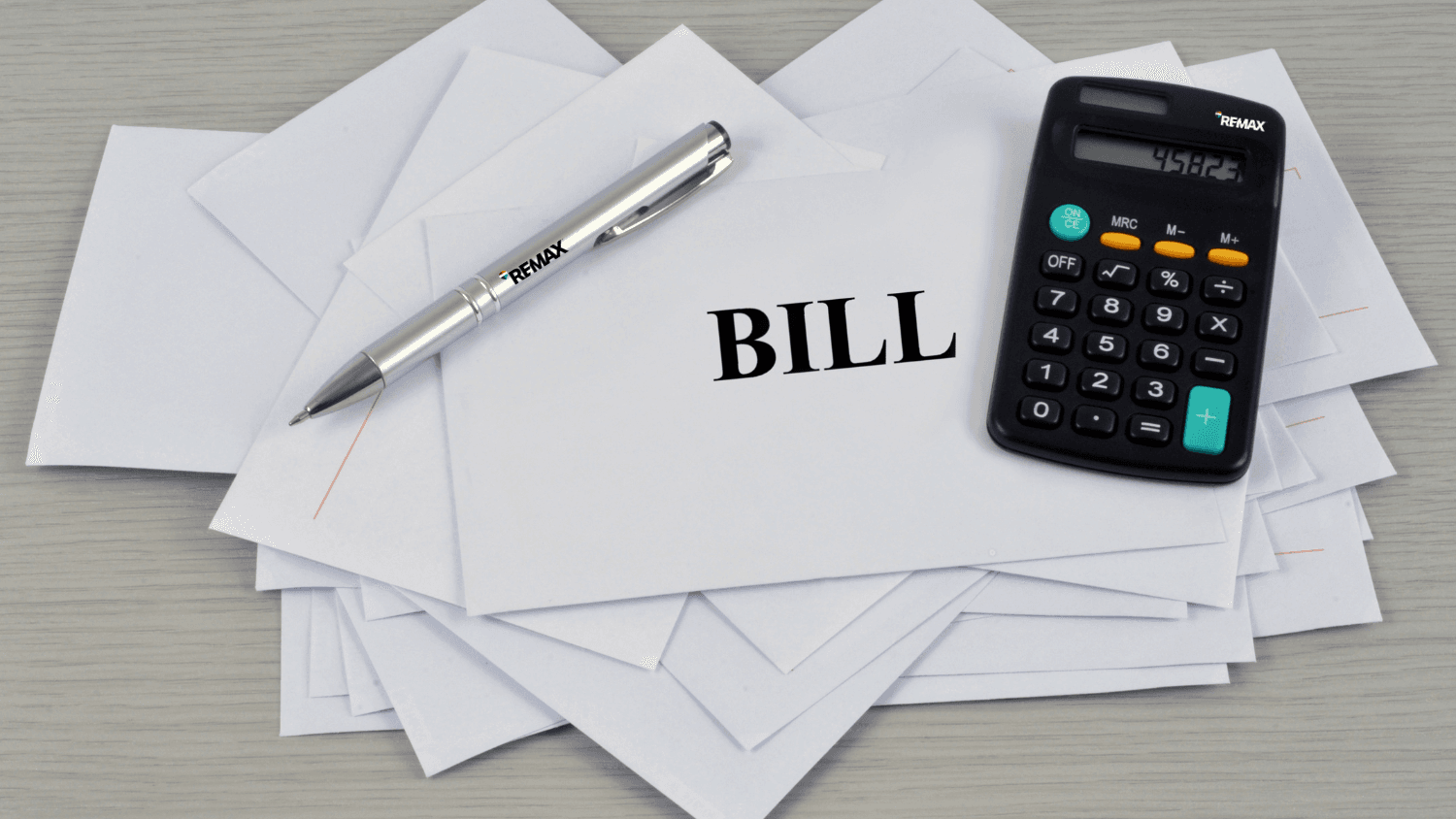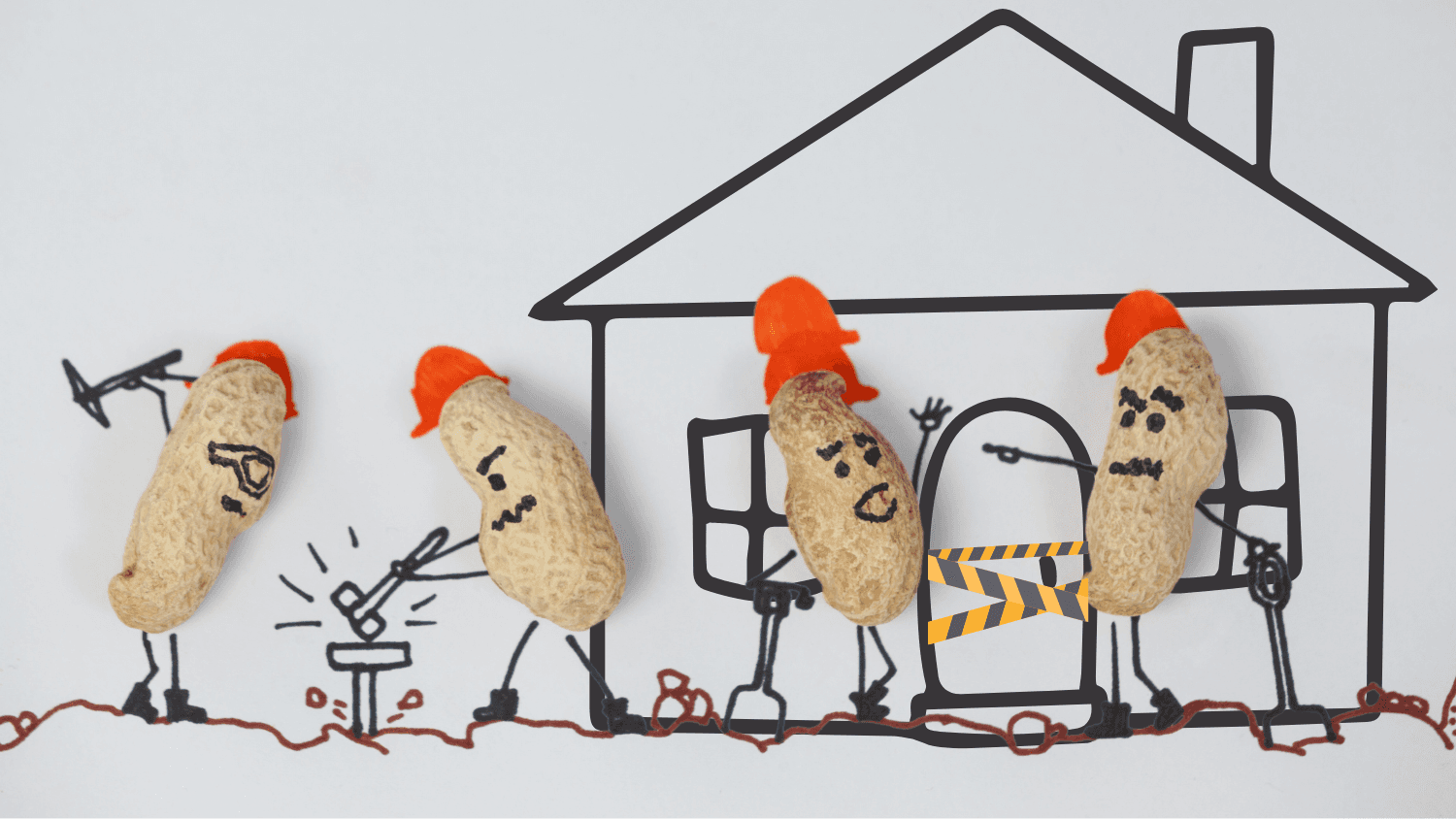Much like the registration papers for your car that records its make, model, year, chassis number, and owner’s details, a property title deed covers all the important details of the home. The title deed is the legal document that proves that you (or the bank through whom you’ve taken your home loan) own your home and that the property is registered in your name.
When you buy or sell a property, the title deed is at the centre of that process. In this article, we’ll look at the kind of information that you’ll find on title deeds and how to access your title deed.
Who draws up a title deed?
For new building developments, for which there are no title deeds, the transferring attorney, also known as a conveyancer, draws up a document that records the information we outline below. They lodge that document with the Deeds office so that the transaction can be registered. This document becomes the title deed to the property.
What information will you find on a property title deed?
We’ve already mentioned some of the basic information that you’ll find on a title deed, but as they say in the TV ads, that’s not all:
Physical or cadastral details
- A physical description, i.e. how big it is including the buildings, size, boundaries (including any sub-divisions or consolidations) and exact – surveyed – geographical position.
- Whether the structures are freestanding, semi-detached, and/or an apartment or communal type building.
- If the property is freehold or sectional title.
Ownership information
The title deed also records the personal details of the legal owner(s): name and identity number of the person or people whose name the property is registered. Property can be jointly owned which means that the names of all the co-owners will also be listed on the title deed.
Historical information
Title deeds will include historical – and often interesting information – about the property, including:
- All dates when the property was transferred.
- All the previous registered owners, and what they paid for the property.
- When the property was sub-divided. Some title deeds will include information about how many times it’s been sub-divided or even if two properties have been combined or consolidated
Stamp or seal of registration
Each time a property changes hands, information is added to the title deed, which is stamped – again – with an official Deeds Registry Office seal. This confirms the date on which the property was, indeed, registered in the name of the new owner.
Special rules and restrictions
Sometimes there are special conditions that apply to properties. For example, for many years, the sale of alcohol (other than in restaurants) was prohibited in Fish Hoek in Cape Town. The original farm owner made this a condition of the sale and development of the land. Until this condition was challenged in court, a few years ago, this condition applied to all retail properties that fell within the boundaries of that original farm. The title deeds for properties that originally made up that farm reflect that condition.
A property title deed will also record anything that could restrict its sale. For example, if it is bonded to a bank, before a property changes ownership, that bond must be paid off.
Similarly, the title deed will reflect if there are or have been, any interdicts against, or attachment orders on, the property because the owner defaulted on their property loan.
The Deeds Office
The Deeds Office or Deeds Registration branches fall under the National Department of Agriculture, Land Reform and Rural Development and records changes in property ownership. There are regional deeds offices in most of the major centres in South Africa.
How long does registration take?
The conveyancing attorney will lodge the deed for registration after registering the home loan if the property is bonded. The process of registering both the bond and transfer of ownership usually takes around three months after the home loan is approved. Depending on where you are in South Africa, the Deeds Office usually takes around three weeks to register a property in your name.
Can I get information about a property from the Deeds Office?
The short answer is yes, you can. However, you will have to have all the information about the property, including the owner’s full name, identity number and/or date of birth. You will also need some technical information about the property – not just the street address – the erf number, township or farm name and number.
In addition, you will have to make a formal application – either at the office or online – and complete the relevant form. You will also have to pay a fee.
Who keeps the original title deed?
If you’re paying it off, the bank will keep the title deed until you have paid off the loan in full and request to close the loan account. It is important to note that, even after paying off the loan in full, the loan account will stay open unless you request to close it. If you sell the property before you have paid off the bond, that loan must be settled before the bank releases the title deed to the transferring attorney.
On the other hand, if you have paid cash for the property, once the property is registered in your name at the Deeds Office, the conveyancing attorney will send the title deed to you. Similarly, when you have paid off your home loan and you request to close the loan account, your bank will then send the title deed to you.
What happens if I lose my title deed?
As a property owner, in addition to recording all the relevant information about your property, your title deed is important because it is evidence that you are the legal owner, which means that nobody will deliberately lose their title deed. However, if you have a burglary, it could be stolen. If, as happened in the Knysna area a few years ago, or as happened in KwaZulu Natal, your house gets burnt down or washed away in a flood, you might lose your title deed. If this happens, you can apply to the Deeds Office using the same process we’ve already discussed: you will have to pay a fee and they will issue a certified copy of your title deed.
Have more unanswered questions? Here are some related questions – and answers – that might help…
How do I get title deeds for my property in South Africa?
You will get your title deeds from the conveyancing attorney if you do not have a loan or bond on the property. If you have a bond, the bank will only send the title deeds to you when you have paid off your home loan.
How much is a title deed in South Africa?
The cost of your title deed is included in the legal fees that you pay when you buy the property. However, if you have lost it and have to apply to the Deeds Office directly, in person or online, you will have to pay a fee. The fees are revised from time to time and in 2023, a certified copy of the title deed is R552.
What is the difference between a title deed and a deed of transfer in South Africa?
The deed of transfer is the title deed because it records the transfer of ownership from one person/s to another. In other words, the title deed is the same document as the deed of transfer.
If you have any more unanswered questions, contact your nearest RE/MAX Office.






